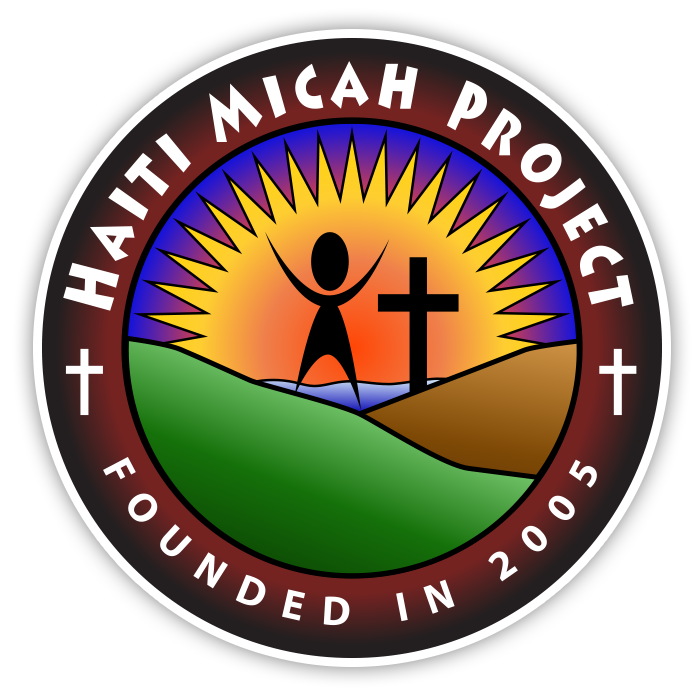Restavek
Haiti has the second-highest incidences of slavery in the world. Slavery has been illegal in Haiti longer than in any other nation, almost sixty years before the United States emancipation of the slaves. However, as Haiti’s economy collapsed, the system of restavek proliferated. According to the UN. as many as one in ten Haitian children are affected by restavek.
Children in the restavek system are subjugated to sleeping on the floor, dressing in rags, eating leftovers, and often beaten. Three-quarters are girls, who are frequently sexually exploited.
These children are not allowed to attend school. Rather, there day is filled with chores. Even young children are expected to fetch heavy buckets of water, hand-wash clothes, carry loads to and from the marketplace, and work in the fields–often working 14 hour days for no pay.
From the French language French reste avec, “one who stays with”; is a child in who is sent by his or her parents to work for a host household as a domestic servant because the parents lack the resources required to support the child.
More than 200,000 children in Haiti are victims of domestic slavery
With almost 60 percent of Haiti’s population living well beneath the poverty line, minors under 15-years-old are forced to take on slave-like jobs to provide for themselves and their families, El Nuevo Herald reported.
A study headed by the country’s foreign ministry showed that more than 207,000 children aged 15 and below work in the domestic service sector, even ending up in abusive households. International and Haitian laws dictate that 15 is the minimum working age, with 14 hours the maximum time stipulated for the completion of domestic chores.
“Outrageous”
Ariel Henry, Haiti’s minister of social affairs and labor, called the numbers “outrageous,” adding that unfair child labor is a complex problem that calls for change in Haitian mentalities.
The report published on Friday revealed that nearly one in four Haitians are “restavek,” a Creole term that pertains to people who live with a family that is not theirs. The families of these children send them to well-off relatives for a better life and a chance to go to school in exchange for housework.
“These children are being exploited by their fellow Haitians who believe that they are helping in this way,” said Arielle Jeanty Villedrouin, director of the Institute of Social Welfare and Research.
The minors are also burdened by psychological pressures that stem from being away from their family and the different—and mostly degrading—treatment that they receive from the family they are working for.
“We must work to change this because it is a loss not only for the children but for the whole society,” Villedrouin added.
More than 60 percent of Haiti’s population has an income of only $2.44 per day.
See also:
Findings on the Worst Forms of Child Labor – Haiti | United States Department of Labor
According to the United States Department of Labor
https://www.dol.gov/agencies/ilab/resources/reports/child-labor/haiti
In 2014, Haiti made a moderate advancement in efforts to eliminate the worst forms of child labor. The Government adopted the Anti-Trafficking in Persons Law, which criminalizes all forms of human trafficking and contains provisions to prevent child trafficking and other worst forms of child labor. The law also creates a National Committee for the Fight Against Trafficking in Persons that provides legal protection and social assistance to victims of human trafficking. The Government also created the Child Protection Working Group to coordinate efforts on child protection, specifically for children in domestic work. Moreover, Haiti ratified UN CRC Optional Protocols on the Sale of Children, Child Prostitution and Child Pornography, and Children in Armed Conflict. However, children in Haiti are engaged in child labor, including in domestic work and agriculture. Haiti lacks a clear, easily applicable minimum age for domestic work. Limited resources for the systematic enforcement of child labor laws impede government efforts to protect children from the worst forms of child labor. Social programs to combat child labor are also insufficient to adequately address the extent of the problem.
Read the entire article here:
https://www.dol.gov/agencies/ilab/resources/reports/child-labor/haiti
